Transcript available below.
Tag: fish

Foghorn (A Call to Action!)
Flotsam (what we’re obsessed with right now)
- So many mesmerizing videos from Deep Sea News! Experience the Life of the Deep Gulf of Mexico in 20 Videos.
- This is a staggeringly beautiful image: One Great Shot: The Guillemot and the Iceberg.

- Did you lose a flash drive? NIWA might have it. They were defrosting leopard seal poo…you won’t believe what happened next!


Foghorn (A Call to Action!)
- Congratulations to Dr. Hal Holmes of Conservation X Labs for earning a Moore Foundation Inventor Fellowship for his DNA Barcode Project.
Flotsam (what we’re obsessed with right now)
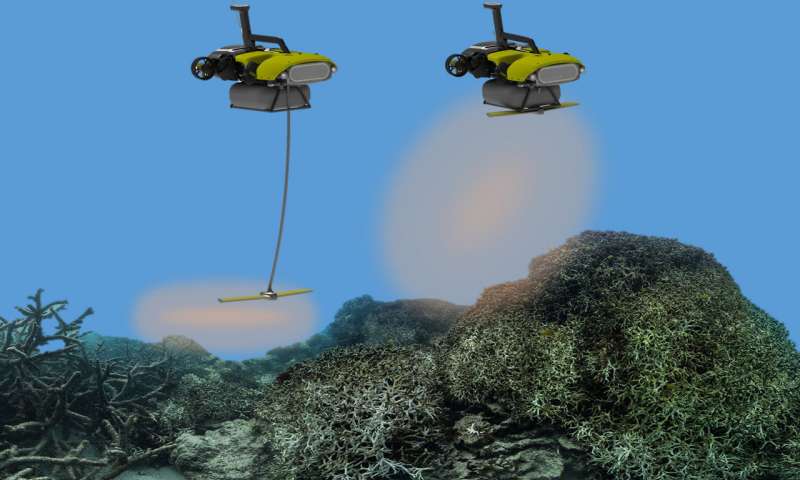
Cuttings (short and sweet): Follow everyone in this amazing thread of twitter wildlife biologists started by David Steen. Ancient Egyptians farmed fish thousands of years ago. By the New Arab. This is a neat story about a new archaeological study, which tells us about ancient humans’ relationship with the sea. Fun fish festivals around the … Read More “Ancient fish farming and popular invasive species: Thursday Afternoon Dredging, October 18th 2018” »

Foghorn (A Call to Action!)
- All Hands on Deck! You’re got one week left to apply to join the MIT Media Lab and NOAA’s Office of Ocean Exploration and Research for this year’s National Ocean Exploration Forum as an Ocean Discovery Fellow!
- Jacques Week 2018 is here!
Flotsam (what we’re obsessed with right now)
- What just happened? Everyone is going wild for the deep-sea fish attack video.
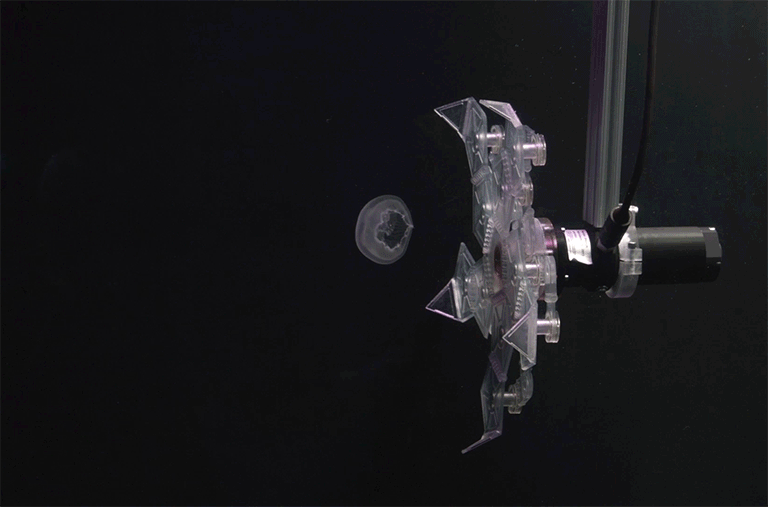
The Levee (A featured project that emerged from Oceandotcomm)
- Stitching Hope for the Coast – communicating coastal optimism for Louisiana. Deadline for submissions has been extended to October!
Cuttings (short and sweet): Follow Erin Meyer, the director of conservation programs for the Seattle Aquarium, on twitter! Piracy Incident Reported in First Half of 2018 at Lowest Level in 10 Years. From GCaptain news alerts. She said she didn’t know it was illegal to take conchs. She’s heading to jail anyway. By Gwen Filosa, for … Read More “Pirates, conch, and surfing scientists: Thursday Afternoon Dredging, July 19th, 2018” »

Foghorn (A Call to Action!)
- We owe the next generation a better world than we’re giving them. Call your representatives. Demand they stop separating children from their parents at the border. The ACLU has a script to use.
Flotsam (what we’re obsessed with right now)
- Dispatch from Tangier, the Sinking Island in the Chesapeake.
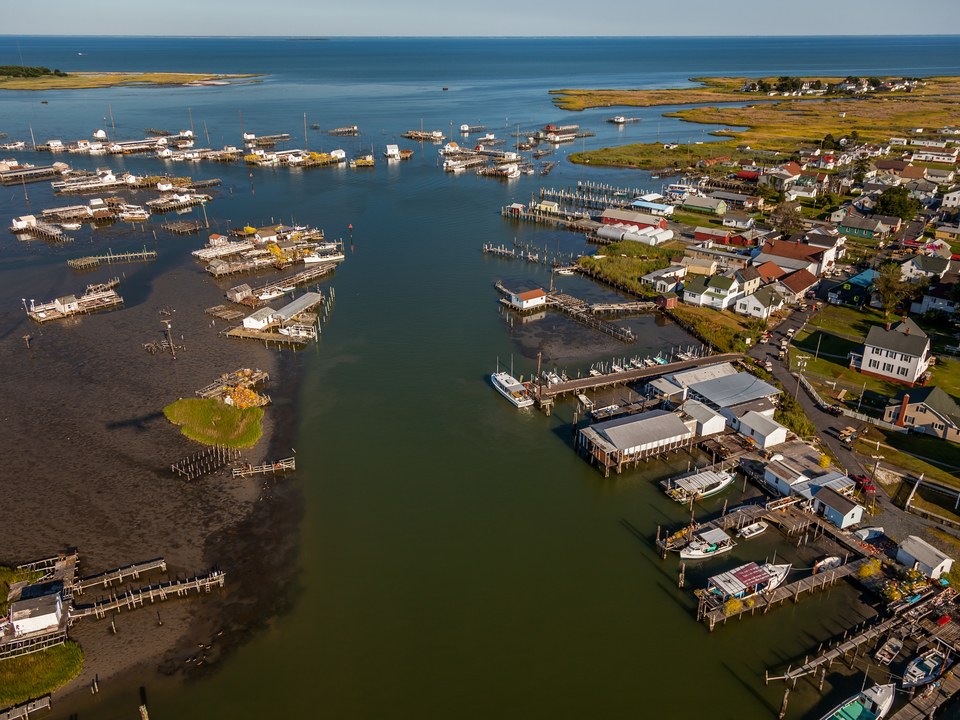
- Scientists say they’re confident Chesapeake Bay health is ‘significantly improving’.
- This is the sound a dolphin might hear if it’s about to become dinner.
Audio Player
A normal call.
Audio Player
The call of a dolphin that would rather not get eaten.
The Levee (A featured project that emerged from Oceandotcomm)
This is an update and repost of our follow-up article on the science of Aquaman, revised and expanded.

Yesterday, I challenged you to consider how the greatest hero in the DC Universe would fair if forced to survive in the real world. The result was a hypothermic, brain-dead lump of jerky with brittle bones, forced to suffer through constant screams of agony even as he consumes sea life at a rate that would impress Galactus. In short, the ocean is a rough place, even for Aquaman.
But this is Southern Fried Science, and we’re not here to trash the greatest comic book hero of all time without offering some solutions, too. I went back to my comic books and my textbooks to assemble an Aquaman with a suite of evolutionary adaptations that would allow a largely humanoid organism to rule the waves, trident triumphantly raised.
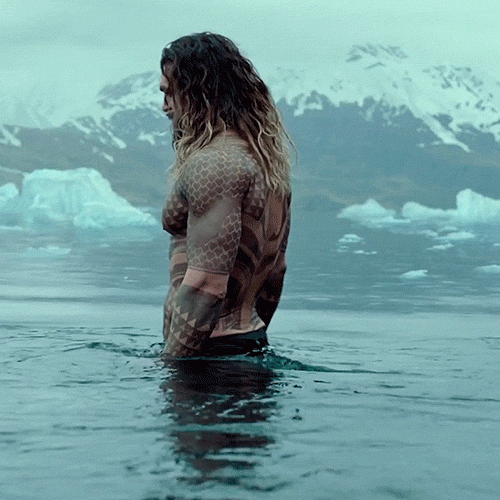
Essential assumptions
Many people commented that Aquaman is not human, he is Atlantean, and thus is not bound by human limitations. This is wrong on at least two counts. First, in most iterations, Aquaman is half-human, which means that Atlanteans must be similar enough to humans, both physiologically and evolutionarily, to produce a viable hybrid. While there may be some minor differences between us and the children of Atlantis, functionally speaking, we’re the same. Second, these are not issues that plague only humans. Whales get the bends, amphibians freeze to death, fish need to regulate their internal osmolality. These are the problems inherent in being alive in the ocean, Atlantean or otherwise.
Read More “The importance of being Aquaman, or how to save the Atlantean from his briny fate” »
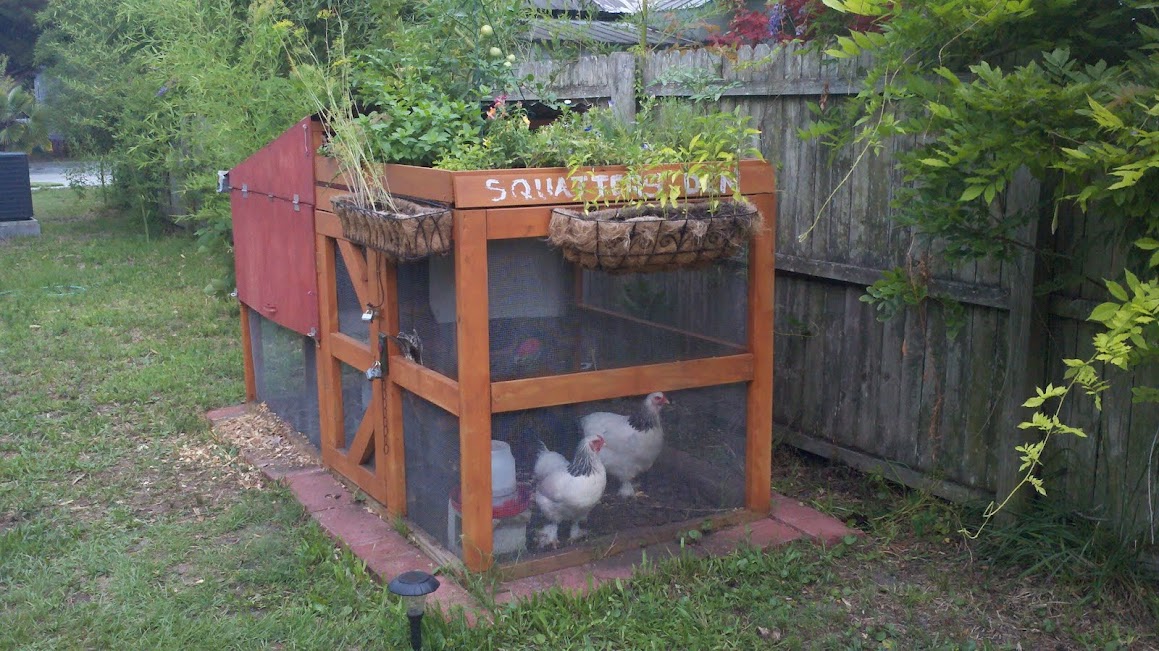
Food is a tricky. For some people, food choice is an essential component of cultural heritage and national identity. For others, food choice is a statement of philosophical or moral principles. For many, being able to reject food is an unobtainable luxury. One thing is certain: food is so central to the human experience that when we question our food choices, when we are forced (or force others) to change them, when we discover that the choices we make are not what we think they are, it is impossible to separate our food ethics from our social structure. Which is why seemingly trivial revelations–bugs in your coffee, meat made slime, or a fish by any other name–often result in major outrage and structural changes. Eating is simultaneously a deeply personal experience and one in which, for much of the developed world, we are completely detached from the source.
